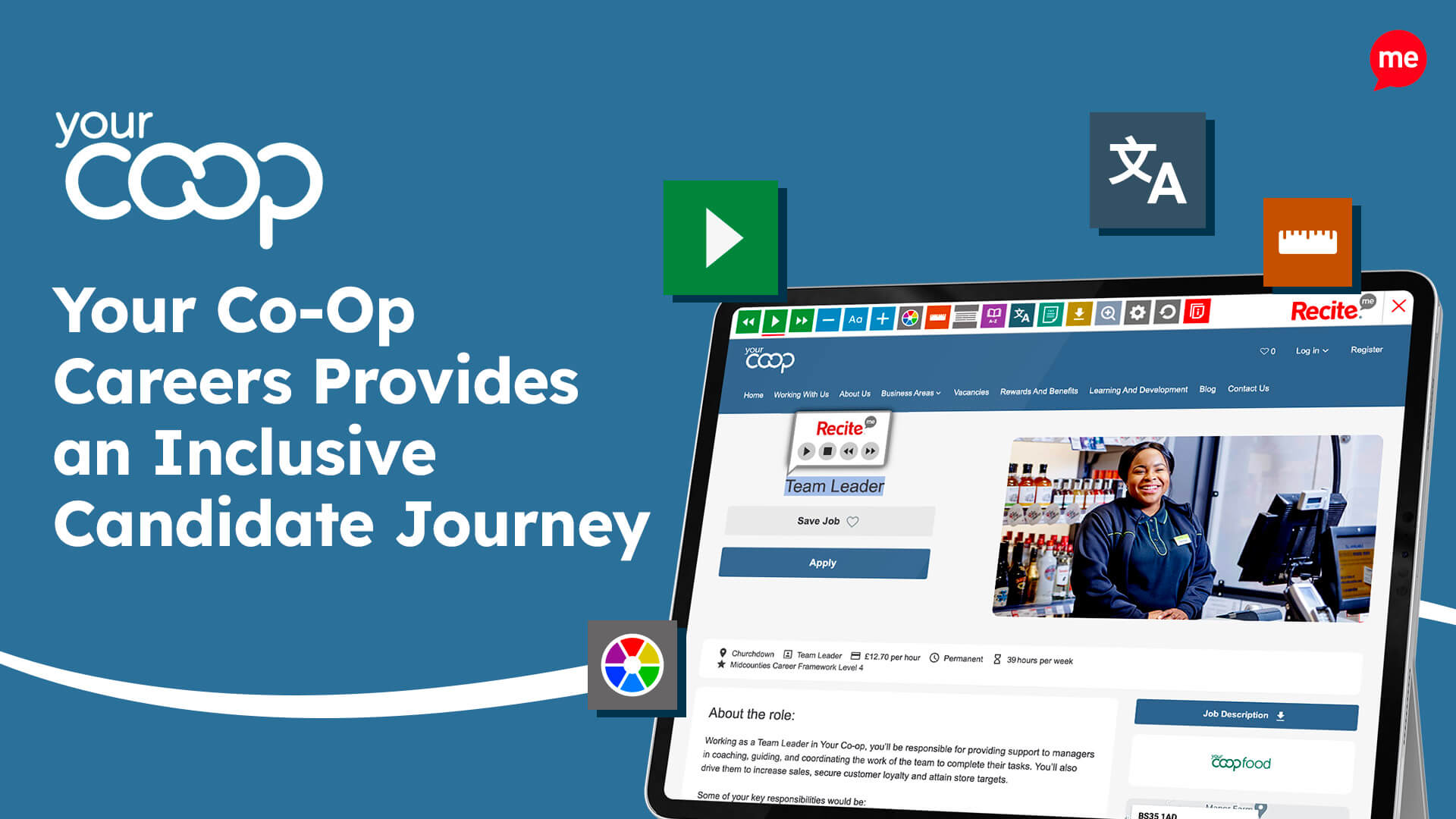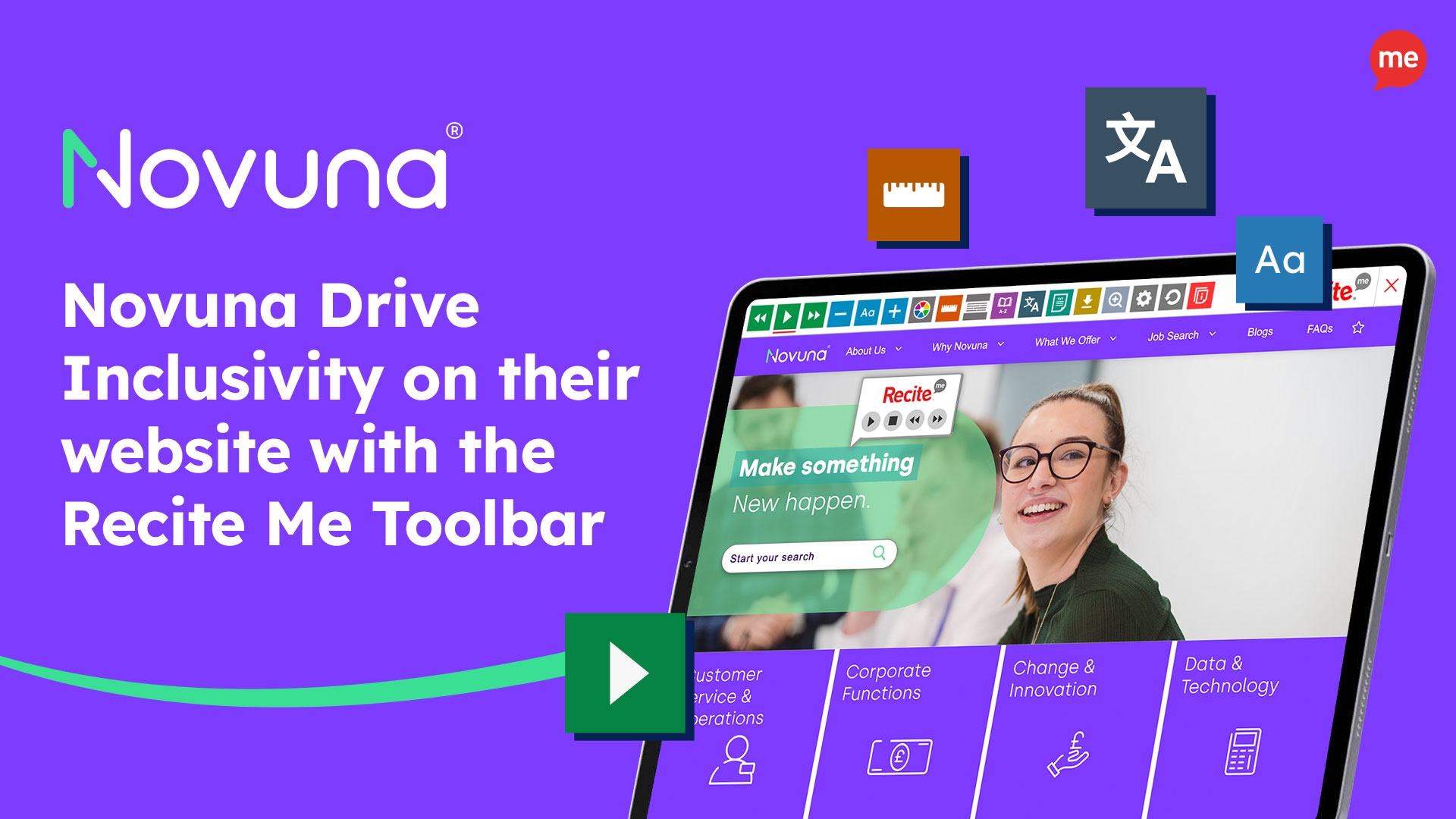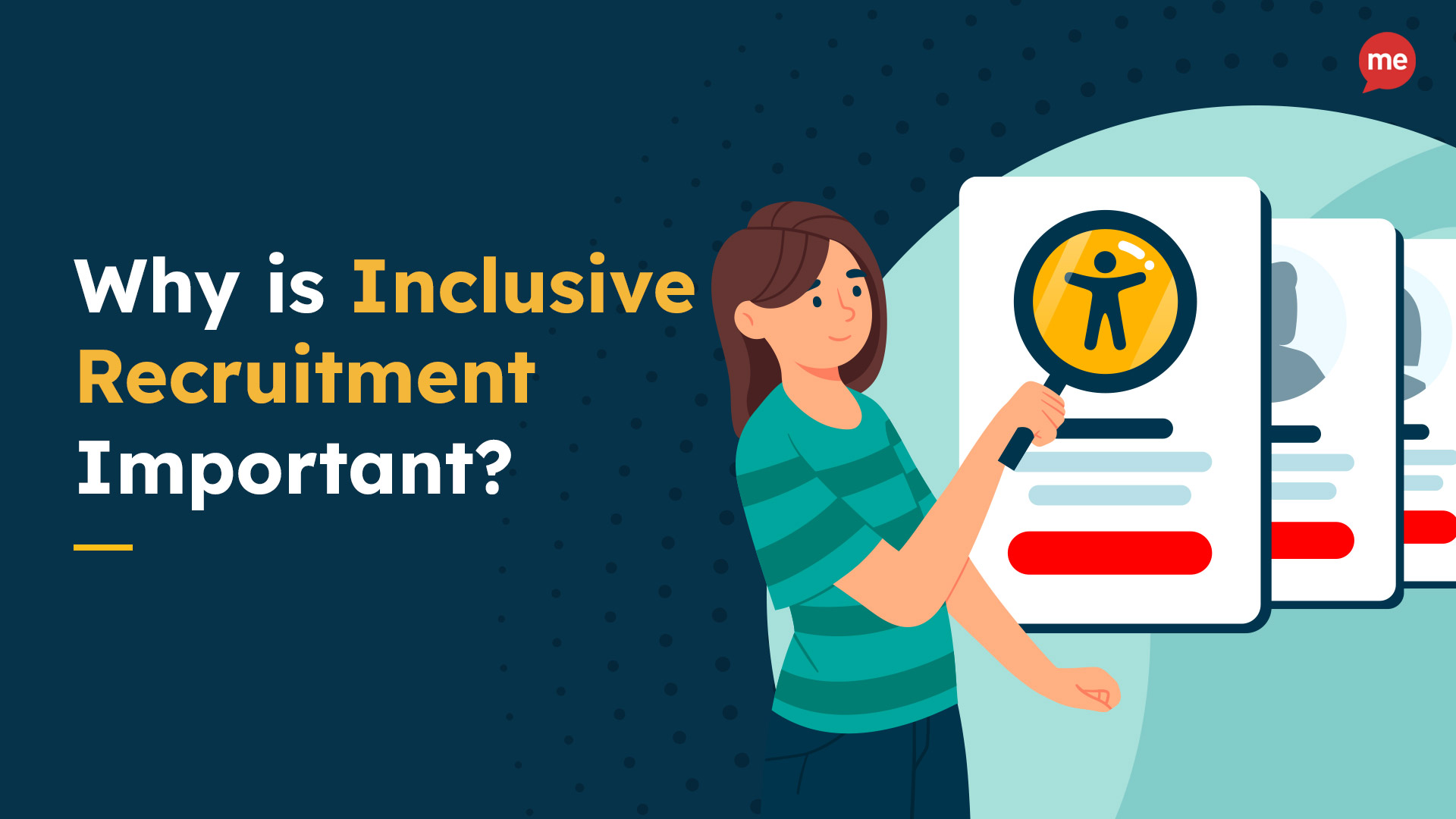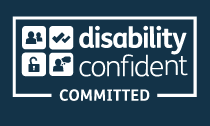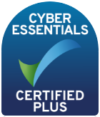National Inclusion Week runs from the 28th of September through to the 4th of October in 2020, and is a celebratory week that recognises and promotes inclusion in the workplace. The week is run by Inclusive Employers, the UK’s first and leading membership organisation that supports businesses trying to develop more inclusive practices within the workplace. Recite Me are proud to list Inclusive Employers as one of our clients, and National Inclusion Week presents a perfect opportunity to look at digital inclusion from an internal company perspective.
The Recite Me accessibility widget is used by hundreds of companies in both public and private sectors to help customers and subscribers access their products, services, and information. However, many organisations also use Recite Me on internal systems like intranets and learning platforms to ensure company information is also fully accessible and inclusive to their employees.
We are a Disability Confident Employer. Are You?
Disability Confident schemes exist in many countries including the UK and the USA. The overall aim is to help employers to be more inclusive and explore the benefits of employing disabled people. Although the scheme is voluntary, it is heavily subscribed by progressive and forward-thinking companies, and in the UK alone there are over 18,000 organisations already listed as Disability Confident Employers – Recite Me being one of them, of course.
The key for employers is to alter their perceptions and the way they think about disability, and make positive changes to the way they attract, recruit, develop, and retain disabled employees.
“Diversity and inclusion is not an initiative but core to who we are as a company and how we run our business operations.”
Alexandra Forsch, President of Awin US
One of the fundamental challenges companies face when looking at digital inclusion is taking account of the many and varied barriers that employees face online. We tend to think of disabilities purely in terms of mobility and physical restrictions, but in reality, there is a whole range of diverse conditions that can prevent users from gaining equal access to online information. Examples include:
Visual impairments
Deafblindness
Colour blindness
Dyslexia
Hyperlexia
Dyspraxia
ADHD
Speaking English as a second language
Epilepsy
The Importance of Being Digitally Inclusive in 2020
This year more than ever before, we have seen a significant shift to remote working due to the COVID-19 pandemic. Recent studies show that in the coming years, as much as 25-30% of the workforce will be working remotely at least one day per week. This means that businesses need to act quickly to ensure that all of their employees have the tools and support they need to access company systems and contribute to this new way of working. As it stands, the majority of companies are already behind here, as despite a rise to nearly 77% of workers wanting to access business websites, intranets and documents from outside of the office, 38% of employees say that the technology they are provided with doesn’t operate correctly in a remote setting.
Supporting Inclusion through Assistive Technology
A proven way of supporting people online is by utilising assistive technology. Assistive software allows adaptions to be made to account for several barriers including learning difficulties, visual impairments, disabilities, and varied linguistic needs.
Recite Me’s accessibility software supports a diverse range of staff in the workplace by providing a variety of tools that allow users to create a fully customisable experience. Our accessibility features can either be used individually or combined to make multiple adjustments for ultimate ease of use. Users can:
Personalise font size, type, and colour options to make each web page easier to read.
Utilise the mask screen tool, which isolates parts of the page to help with focus.
Use the ruler tool to make reading easier.
Download content as an audio file as an alternative to reading.
Convert page content into over 100 different on-screen languages.
Have the page read aloud in a choice of 35 different languages.
Customise PDF documents and have them read aloud or translated.
If you’d like to know more about how assistive technology can help make your business more inclusive, you can contact our team or request a demonstration. You can also check out the Recite Me Accessibility Scanner for free to see what your websites accessibility score is currently and see suggestions on how to improve it.
The Benefits of Being Inclusive
Many companies shy away from online accessibility and inclusion factors as they perceive them as being complex, expensive, or simply too difficult to work around. Yet the average cost of making an accommodation for a disabled employee is just a few hundred pounds/dollars, and data shows that employees with disabilities take less time off and tend to stay with companies for longer. So in reality, this is nothing more than a common misperception, especially when you consider all of the additional benefits of becoming an inclusive employer:
Drawing from the widest pool of talent available
Acquiring high-quality staff who are skilled, hardworking and loyal
Improved innovation thanks to the wider perspective you gain by having a more diverse team
Demonstrating fairness in the workplace
Reduced staff turnover rates overall
Improved staff morale
Showing customers and other businesses that you are committed to equality in the workplace
There is also growing evidence that improved inclusion leads to increased revenue and profits.
“According to Accenture’s 2018 study, The Disability Inclusion Advantage, companies that embrace best practices for employing and supporting people with disabilities outperform their peers with higher revenue (28%) and profit margin (30%).”
John Stern, Accessibility Advocate
Each One, Reach One
A significant part of the challenge of becoming inclusive is knowing that the tools exist. So now you know about it, why not tell someone else? We encourage you to start a conversation about inclusion this week!
The theme for this year’s National Inclusion Week is ‘Each One, Reach One’. The idea is to make an inclusion chain and inspire individuals and businesses alike to play their part in making inclusion an everyday reality. By reaching out on an individual or organisational level, and helping others to understand the opportunities presented by inclusion, we can all make a positive difference.
